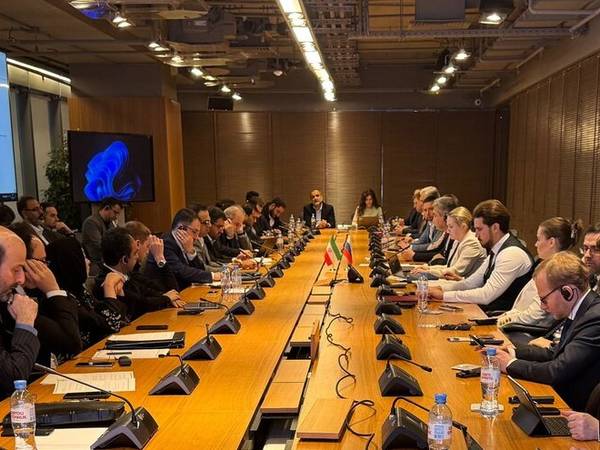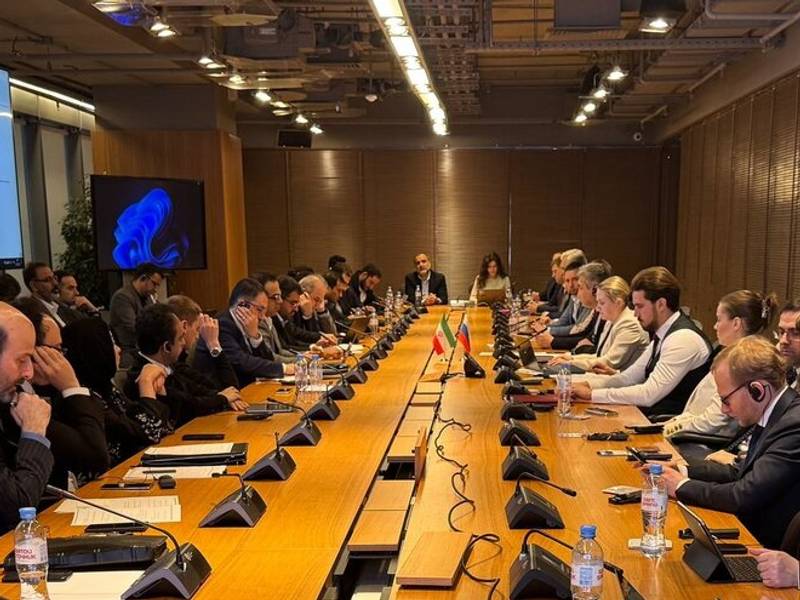



Despite facing a growing domestic gas deficit and widespread use of highly polluting fuel oil, Iran’s gas deliveries to Turkey have continued to surge according to official Turkish energy statistics.
Blood reserves supplying 180 hospitals across Tehran have dropped after two weeks of heavy smog and widespread remote working reduced donor turnout, provincial officials said, warning the shortfall is beginning to affect daily supply plans.
China’s independent refiners are stepping up purchases of Iranian crude held in bonded storage and on tankers idling offshore after Beijing issued a fresh round of import quotas late last month, Bloomberg reported.
Soaring psychotherapy costs in Iran are forcing many patients to sell personal belongings or take on debt yet large numbers still abandon treatment due to the steep fees, the Tehran-based daily Ham-Mihan newspaper reported on Tuesday.
Dozens of foreign tankers suspected of transporting sanctioned crude for Iran and Russia sailed under the Cook Islands flag in 2024-2025, according to an AFP analysis of US and UK sanctions data.
Iran’s rial continued to weaken on Monday afternoon in a sign of flagging confidence in the country's troubled economy, with the US dollar trading at an all-time high above 1.19 million rials according to local exchange-rate websites.
Iran is facing a fresh shortage of the brand-name anti-rejection drug Myfortic with pharmacies halting distribution in several cities and clinicians warning that forced switches to substitutes could endanger a minority of kidney-transplant patients.
Iran’s diesel contains sulfur levels up to 15,000 parts per million (PPM), far above the global standard of 10 PPM, a senior industry representative said, warning that poor-quality fuel is contributing to severe air pollution in major cities.
Iran’s Islamic Revolutionary Guard Corps (IRGC) navy said it had seized an Eswatini-flagged vessel in the Persian Gulf carrying about 350,000 liters of smuggled gasoil, according to state-linked media.
Prolonged drought and the halt to permanent flows in the Zayandeh-Roud river have driven land subsidence and the Gavkhouni wetland toward an apparent point of no return, raising risks to Isfahan’s drinking-water supply, a provincial environmental official said.
The US dollar surged to 1,160,000 rials in Iran’s unofficial market on Saturday, adding to inflationary pressures and deepening worries about the country’s worsening economic outlook.
Iran’s Karkheh Dam hydroelectric power plant has stopped generating electricity because of a sharp drop in the reservoir’s water level, state media reported on Saturday.
Iranian authorities said they seized two vessels carrying 80,000 liters of smuggled fuel near the island of Kish in the Persian Gulf on Saturday.